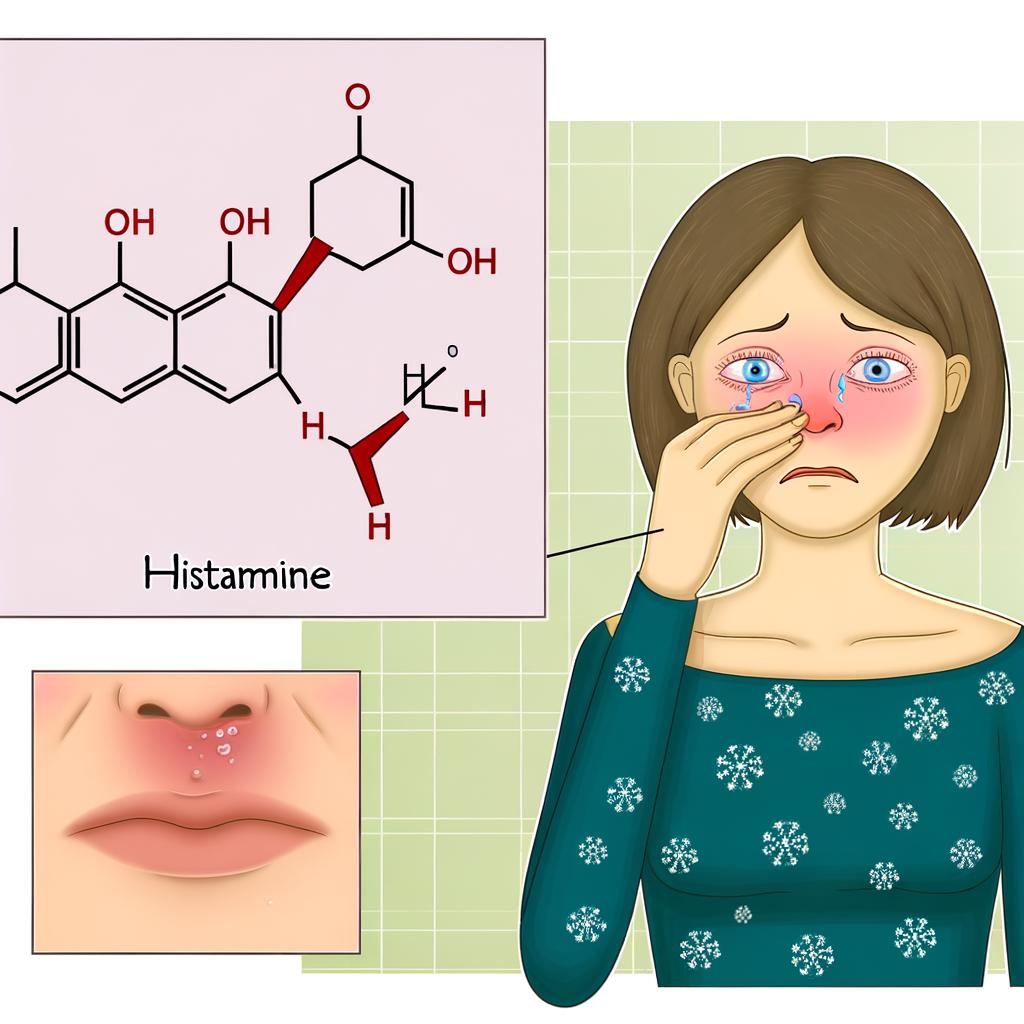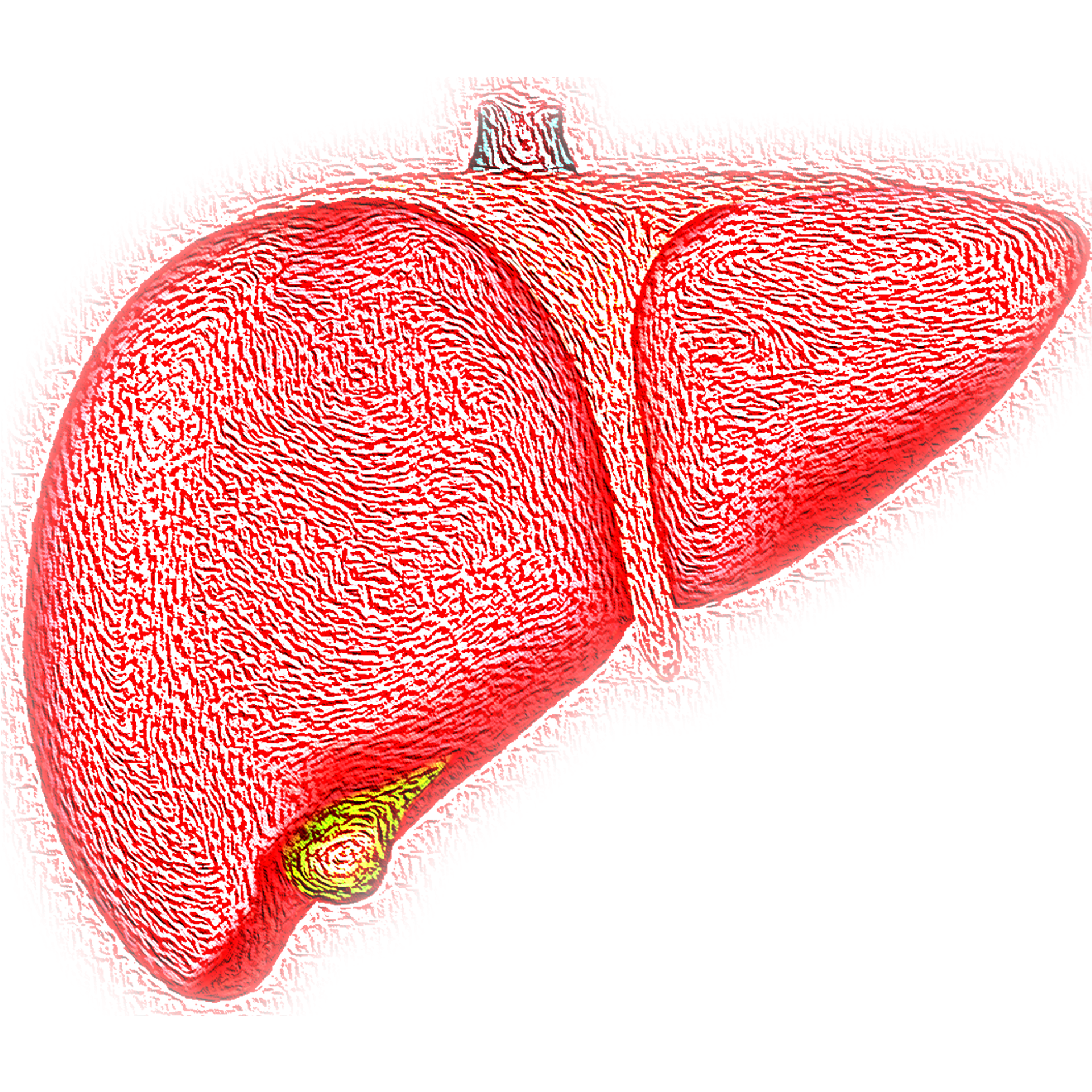Are you trying to find out what is the difference between food sensitivity and food allergy? Which one is more important? How do you know which tests to do and what do the results actually mean? In this article, we answer these questions. Specifically we look at what some of the immune responses are and what is the difference between IgE and IgG mediated food reactions.
So if you want to understand the difference between food sensitivity and food allergy, keep reading.
A food allergy is the immune system's response to certain proteins present in specific foods. These proteins create the severe allergic response. A classic example is with peanut allergies. When someone with a severe peanut allergy is exposed to peanuts, their immune system sees that protein from the peanuts as a threat. As a result the immune system tries to prevent it from spreading or moving throughout the body. In this case the peanut proteins are seen by the immune system as a foreign invader. This is a similar response to a bacteria or virus. That immune response can be so strong though that it can actually be life-threatening. This cascade of reaction starts by the immune system producing immunoglobulins called IgE from previous exposures to peanuts. The next time the peanut comes in contact with the body the IgE immunoglobulin is able to attach to it and creates a cascade of events that results in the allergic reaction. The amount of IgE immunoglobulin present in the body to the peanut, partially determines the severity of the peanut allergy. For those that are susceptible to allergies, the more they're exposed to the peanuts the more likely a severe reaction is going to happen. This can happen even if the initial exposure is not that severe. The next time the proteins from the peanut come in contact with the body, the IgE immunoglobulin will attach to the peanut protein. That creates the cascade of reactions that results in the allergic reaction. So what's the difference between this type of allergic reaction and food sensitivity reaction?

The Difference Between Food Sensitivity and Food Allergy
The difference between food sensitivity and food allergy comes down to a few different variables. A similar type of response or reaction is happening with a food sensitivity but it involves IgG immunoglobulins versus IgE with the food allergy. Food sensitivities are still the product of immune activity so that's where there's similarity with the food allergy. However it's just a different severity of response. Food sensitivities are thought to be less severe and also delayed. Food allergies are more immediate and also potentially life-threatening. Food sensitivity reactions are also thought to be more involved with IBS type symptoms, skin sensitivity, eczema and things like this.
There is still active on ongoing debate on the value in detecting IgG immunoglobulins in the blood. The debate is whether or not this really equates to a problem or if it just reflects immune tolerance. Generally IgG antibodies to a virus, for instance, are thought to represent the presence of a past infection. These allow the body to recognize when that pathogen comes into the body again. The immune system is able to respond more quickly. It is said that the body is tolerant or the immune system is tolerant to that virus. As a result not as strong of reaction is going to happen when you come in contact with that virus again. Many immunologists and allergists argue that this is the same thing that happens with IgG food antibodies. We will discuss that topic in more detail in an upcoming article.
Sometimes food sensitivities and food intolerances are used interchangeably. I will just point out that usually food sensitivity is actually an immune reaction. So when you are tested and you have an IgG immunoglobulin to that particular food you have a sensitivity. Whereas an intolerance is something more like lactose intolerance. This an empirically observation when you eat lactose you don't process it very well. This intolerance could be more of an enzyme deficiency for example. Other times people observe that they have more digestive symptoms when they consume gluten. This would be example of a food intolerance too. If you did a IgG blood sample and found that you had elevated IgG antibody, it's a food sensitivity.
The difference between food sensitivity and food allergy is that a food sensitivity is measured by IgG antibodies and food allergies measured by IgE antibodies. In addition there's also differences in the reactions that we would expect from a food sensitivity versus a food allergy. Food allergies are more severe and food sensitivities are more mild. With both tests there's a high rate of false positives and also some false negatives. We will be discussing that in an upcoming article that looks at the reliability of food sensitivity testing.
That should give you a better understanding of what is the difference between food sensitivity and food allergy. If you have questions about the content in this article, please ask it in the comment section below.
If you want a customized plan on your food allergies, sensitivities, or food reactions, click in the link below to get started.

 "My weight was getting so out of control. I started their weigh loss diet program and lost 32 lbs! I have been able to reduce my blood pressure medicine, fit back in my clothes, have tons more energy... Now I am back to eating and my desire for foods has changes drastically. Saved my life!!!
"My weight was getting so out of control. I started their weigh loss diet program and lost 32 lbs! I have been able to reduce my blood pressure medicine, fit back in my clothes, have tons more energy... Now I am back to eating and my desire for foods has changes drastically. Saved my life!!!
 "Dr. Cline and Dr. Terranella have been amazing! For the first time we found doctors that actually listen. They care about how your feeling and try everything they can to get you back to a normal state. I am in love with these guys! If you want amazing care, see these guys."
"Dr. Cline and Dr. Terranella have been amazing! For the first time we found doctors that actually listen. They care about how your feeling and try everything they can to get you back to a normal state. I am in love with these guys! If you want amazing care, see these guys."

















